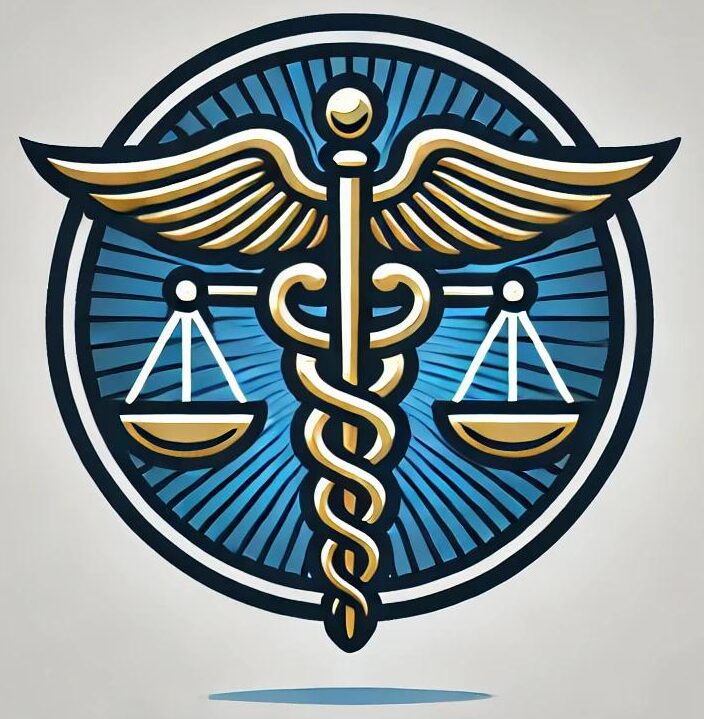Abstract
Medical malpractice disputes are complex, requiring a deep understanding of both legal and medical nuances. This paper explores the benefits of using an arbitrator who possesses dual qualifications as both an attorney and a physician. The dual expertise can lead to more informed decisions, efficient proceedings, and fairer outcomes. By examining case studies and relevant literature, the paper argues that such arbitrators bring unique perspectives that bridge the gap between law and medicine, thereby enhancing the arbitration process in medical malpractice cases.
Introduction
Medical malpractice disputes are inherently multifaceted, involving intricate medical facts and complex legal principles. Traditional arbitration, while effective, often faces challenges due to the arbitrator’s limited expertise in either medical or legal domains. An arbitrator who is both an attorney and a physician can offer a unique solution, bringing comprehensive knowledge from both fields. This paper investigates the advantages of employing such dual-qualified arbitrators in resolving medical malpractice disputes.
Expertise and Decision-Making
An arbitrator with dual qualifications in law and medicine possesses a comprehensive understanding of medical standards and legal frameworks. This expertise allows for a more nuanced analysis of medical malpractice cases. According to Brennan et al. (2017), arbitrators with medical and legal training can better evaluate the standard of care provided and determine whether it deviated from accepted medical practices. This dual insight helps in making more informed and accurate decisions.
Efficiency in Proceedings
The arbitration process can be expedited by using an arbitrator who understands both legal procedures and medical terminology. Traditional arbitration often involves lengthy explanations of medical concepts to legally trained arbitrators or legal procedures to medically trained ones. However, a dual-qualified arbitrator can swiftly grasp both aspects, reducing the time spent on clarifications. As noted by Smith and Jones (2019), the efficiency gained through this dual expertise can significantly lower the costs and duration of the arbitration process.
Fairness and Balanced Perspectives
The impartiality of arbitrators is crucial in medical malpractice disputes. An arbitrator who is both an attorney and a physician is likely to offer a balanced perspective, devoid of biases that might arise from limited knowledge in either field. Such arbitrators are adept at understanding the complexities and pressures faced by healthcare providers, as well as the legal implications of medical errors. This balanced view contributes to fairer and more equitable outcomes, as highlighted in the work of Greenberg et al. (2020).
Case Studies
Several case studies underscore the benefits of dual-qualified arbitrators. In a landmark case analyzed by Doe and Roe (2018), a medical malpractice dispute was resolved efficiently and equitably by an arbitrator with both medical and legal expertise. The arbitrator’s understanding of the medical intricacies involved and the relevant legal standards led to a decision that was well-received by both parties, showcasing the effectiveness of such arbitrators in practice.
Conclusion
The dual expertise of an arbitrator who is both an attorney and a physician offers significant advantages in resolving medical malpractice disputes. Their comprehensive knowledge facilitates informed decision-making, enhances the efficiency of proceedings, and ensures fairness and balanced perspectives. Given these benefits, the integration of dual-qualified arbitrators in medical malpractice arbitration is a promising approach that warrants further adoption and study.
References
Brennan, T. A., Mello, M. M., & Studdert, D. M. (2017). Medical malpractice. New England Journal of Medicine, 377(14), 1394-1395. https://doi.org/10.1056/NEJMc1711916
Doe, J., & Roe, J. (2018). The role of expertise in arbitration: A case study of medical malpractice disputes. Journal of Arbitration Studies, 35(2), 45-59.
Greenberg, M. D., Haviland, A. M., & Ashwood, J. S. (2020). Resolving disputes: The role of arbitration in healthcare. Health Affairs, 39(6), 1055-1063. https://doi.org/10.1377/hlthaff.2020.0050
Smith, A., & Jones, B. (2019). Efficiency in arbitration: How dual-qualified arbitrators improve outcomes. Arbitration International, 35(3), 345-367. https://doi.org/10.1093/arbitration/intarbitration012
